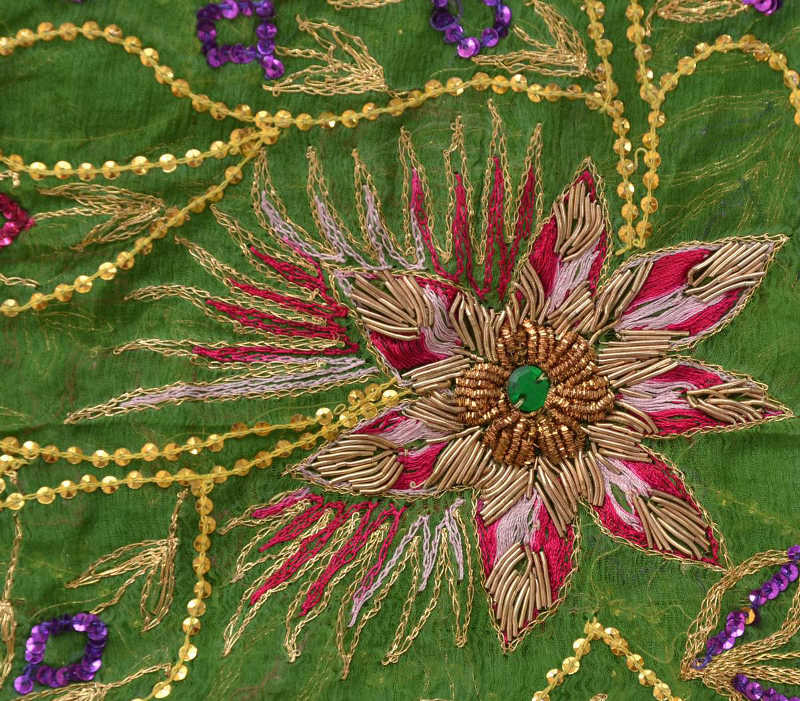===
0919,
5
===

=== |
 |
dāġh : 'A mark burnt in, a brand, cautery; mark, spot, speck; stain; stigma; blemish; iron-mould; freckle; pock; scar, cicatrix; wound, sore; grief, sorrow; misfortune, calamity; loss, injury, damage'. (Platts p.501)
josh : 'Boiling, ebullition; effervescence; heat, excitement, passion, emotion; lust; fervour, ardour, zeal; vehemence; enthusiasm; frenzy'. (Platts p.397)
FWP:
SETS == KIH
MOTIFS == [LOVER AS BIRD]; SPRINGTIME
NAMES
TERMS == DRAMATICNESSThere are Sufistic overtones too-- separation from the garden has made the speaker (who of course speaks as a bird) into the envy of the garden. The tumult of the external springtime generates a more impressive internal 'springtime', or 'flourishing condition', of suffering. The wounds of vain longing are more beautiful than the object of longing itself.
The speaker knows his breast ought to be the envy of the garden, but how can he be sure? He's been shut away for so long that he can speak only of reasonable probabilities. If there's any justice in the world, the garden would recognize the mystical beauty of his suffering. But is there any justice? We're left, as so often, to decide for ourselves.
As SRF has observed, the verse is also an elegant exploration of the possibilities of kih .
Note for grammar fans: In the second line, asīr ho is of course short for asīr ho kar , 'having become a prisoner'.